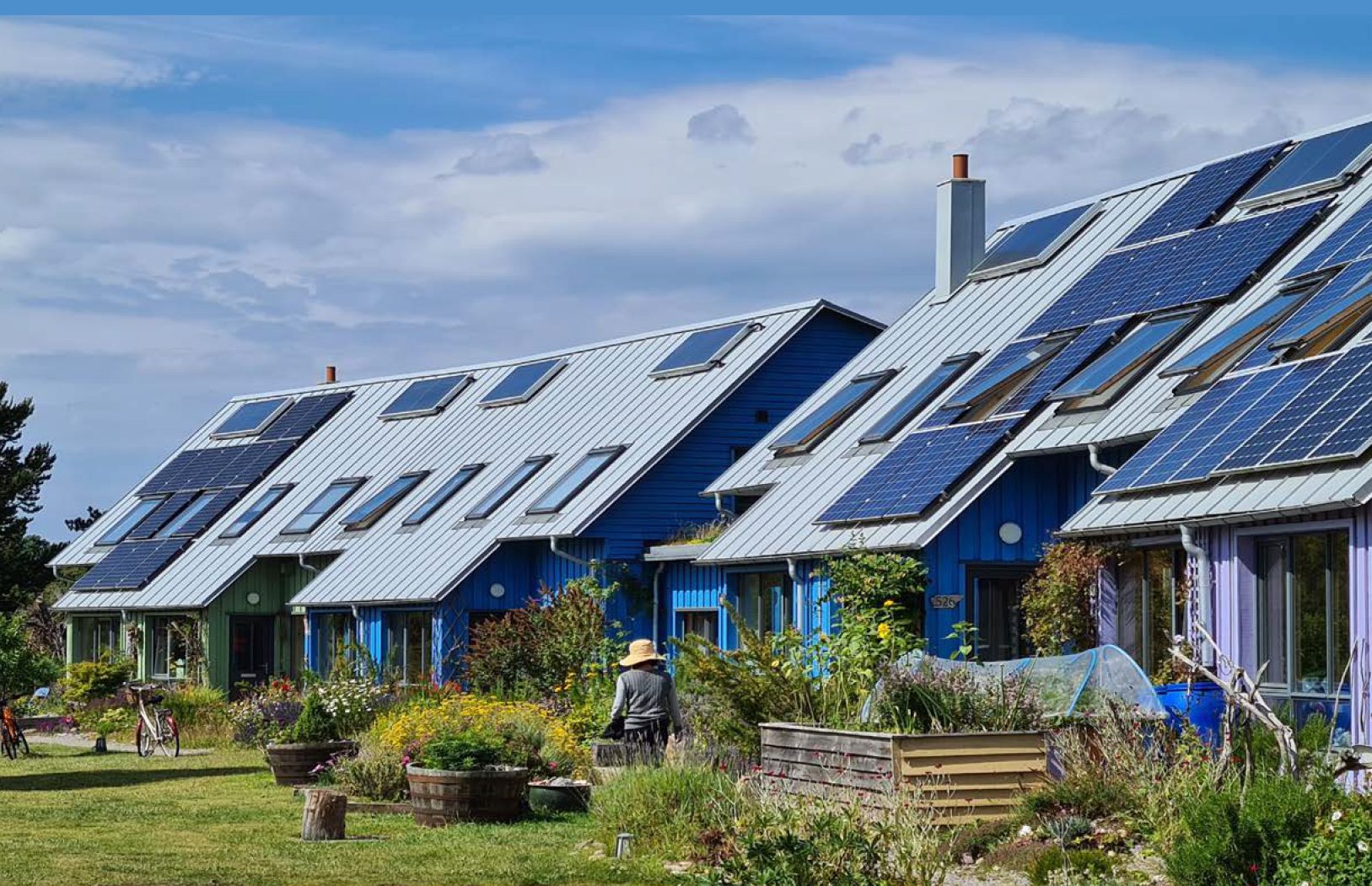The most important lessons from the new IPCC report
“With so little time left to reduce greenhouse gas emissions and limit global warming, we just have to get things right. Climate scientists warn that global warming has a massive impact on the water cycle, and we need to start talking about this. Most analyses of emerging technologies, management options, or new habits assume that we will have access to the same amount of freshwater as today, but for most places, this will not be the case.”
Here are some of the most critical water aspects to consider:
- Energy production. Despite the recent energy crisis, the IPCC report expresses optimism for the future. Unit costs of renewable energy are now falling fast – for solar energy by as much as 85 percent since 2010 – and electrification is occurring at breakneck speed. Wind and solar photovoltaic systems also use considerably less water than fossil fuel power plants. But many energy sources – like hydropower, bioenergy, and thermal energy generation from nuclear power – require substantial amounts of water. Access to freshwater could turn out to be a constraint with the growing demand for water and increasing scarcity found in many parts of the world.
- Food and agriculture. IPCC has previously warned that global warming is already impacting global food production and the new report calls for profound changes along the food value chains, addressing both producers and consumers. This would have enormous implications for water since agriculture is the world’s greatest water user and improved water management is crucial for progress and food security.
- Restoring nature. Last year, another working group from IPCC sounded the alarm that, with climate change, nature’s ability to store greenhouse gases is weakening. Protecting and restoring nature is one of the most important climate actions that reduce emissions while also enhancing ecosystem resilience. Freshwater ecosystems are particularly vulnerable to climate change and are among the most effective sinks to store carbon. , Planning forest or landscape restoration without considering the impacts on the water cycle is a serious and unfortunately common problem found in many places.
“The IPCC report points to a range of solutions that exist and should be implemented. The transformations of for example our food and energy systems must be accompanied by comprehensive analyses of water availability and impacts at local, regional, and global levels. We need to invest big in the many win-win solutions for climate and water security and proceed carefully where the potential for steep trade-offs are high.”
SIWI and partners study water and climate mitigation
SIWI colleagues Dr Malin Lundberg-Ingemarsson, Dr Thérèse Rudebeck, Professor Anna Tengberg, and Josh Weinberg are currently working together with Dr Lan Wang Erlandsson of the Stockholm Resilience Centre (SRC) and additional partners on a research project to improve knowledge about the role of water in climate mitigation.
The project is conducted together with the United Nations Development Programme (UNDP), the Deutsche Gesellschaft für Internationale Zusammenarbeit (GIZ) on behalf of the German Federal Ministry for Economic Cooperation and Development (BMZ), the Potsdam Institute for Climate Impact Research (PIK) the SRC.
A report is due to be released in June 2022.









